#HERIspotlight: Rieneke Weij
Rieneke Weij is a postdoctoral research fellow in the Department of Geological Sciences at the University of Cape Town (UCT) and HERI. She is a geologist from the Netherlands, trained in isotope geochemistry and palaeoclimatology.
She obtained her BSc and MSc degrees from the Vrije Universiteit in Amsterdam. She was awarded her PhD by the University of Melbourne, where she specialised in uranium-thorium and uranium-lead dating of speleothems (mineral deposits) to understand changes in the past climate and the antiquity of important fossil sites in Australia.
Today, Weij studies speleothems from caves at South Africa’s Cradle of Humankind, the world’s richest early hominin site and home to nearly 40% of all known human ancestor fossils. Her research aims to develop an internal chronological framework to which palaeoclimatic records can be anchored. This has implications for understanding the climatic and environmental conditions over the last 2 million years and its influence on human evolution in South Africa.
Weij also holds a postdoctoral fellowship from the Oppenheimer Memorial Trust. Together with HERI Co-director Dr Robyn Pickering, she is setting up a U-Th and U-Pb dating capability at UCT which will be the first on the African continent.
“Rieneke reached out in 2016 to enquire about doing a PhD with me, but I was about to go on maternity leave and suggested she contact my former group in Melbourne,” says Pickering.
“Having her finally land here in Cape Town is a dream come true for both of us. Our research interests closely align, and it’s been exciting and fun working in both the lab and field together.”
What excites you most about the palaeosciences?
In my field of geochronology, I am always amazed about how precisely and accurately we can date rocks back in time. From the small aliquots of speleothems that we use, just 100 mg, we remove all material until what is left is U, Th and Pb. When we measure this fraction in a mass spectrometer, we are basically counting ions of these elements, and their ratio tells us how old the sample is up to millions of years old! For me, geochronology is the starting point of palaeosciences, because without knowing the age of a fossil or the timing of an event, we actually don’t know much.
Describe your research in three words.
Dating cave rocks.
Who/what is your biggest inspiration?
The natural world, that is where I can clear my head and see things with perspective. Also, my partner. He is the strongest person I’ve ever met and does it all with a smile. He taught me that there are no shortcuts in life - if you want something, you must put in the work and enjoy the journey while doing it.
What has been your biggest academic challenge?
Being far away from family, friends, and even my partner (six years long-distance!). I have learned and grown a lot during my time overseas, but the distance has always been a struggle for me. Luckily there is video calling!
What is the soundtrack to your studies?
Oh, so many songs! Without music, I probably wouldn’t be able to do any work. Lately I’ve been listening to this beautiful piano/viola music on repeat when I need to think hard. But when I’m doing something that requires less brain power, I love South American or silly Dutch music.
